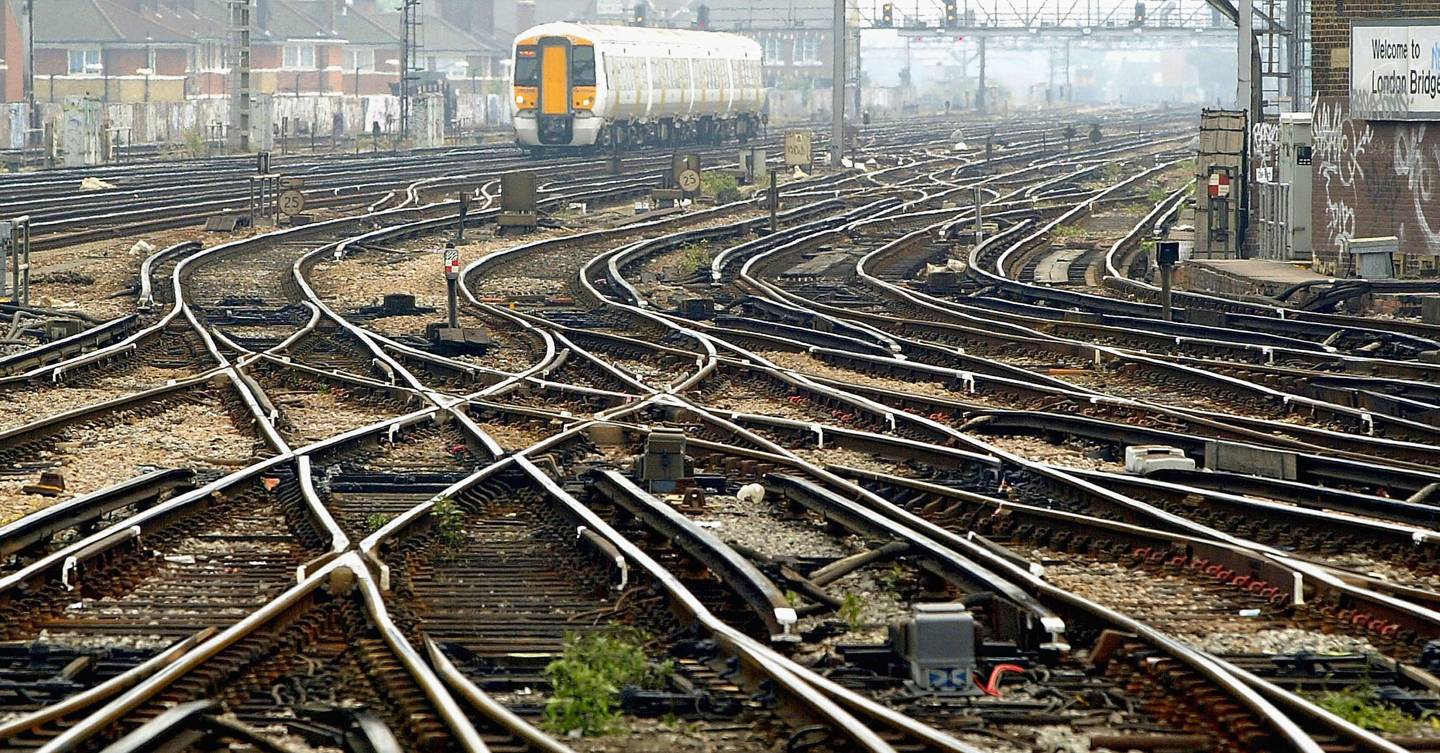
Costa Coffee has committed to recycle up to 500 million disposable coffee cups a year by 2020.

The world could have more than 50 billion connected devices by 2020 — seven times the amount of people on Earth.

Top officials said Tuesday that more time is needed to assemble and test the James Webb Space Telescope, which is considered a successor to the long-orbiting Hubble Space Telescope.

While China’s economy is becoming more efficient, the country hasn't yet actually reduced its total amount of emissions.

The European Chemicals Agency has announced that the chemicals Octamethylcyclotetrasiloxane (D4) and decamethylcyclopentasiloxane (D5) will be prohibited in cosmetics, effective in January 2020.

According to a recent interview Musk made at the 2018 SXSW conference, the Big Falcon Rocket will be ready to conduct test launches in the next two years.

In 2011, Stratolaunch Systems was founded with a simple goal: to reduce the costs of rocket launches by creating the world’s largest air-launch-to-orbit system. Recently, their aircraft reached a major milestone.

Hornsea Project One is expected to be operational in 2020, and it will produce power for more than one million homes.

Russian physicists are developing a new kind of ultrasonic 3D printing that uses levitation to lift small particles of foam plastic. The technique could eventually be used to 3D print hot or chemically aggressive solutions and substances.

The government of China has announced its plans to plant forests in 2018 that will occupy at least 6.6 million hectares, equivalent to the size of Ireland.

The next goal is for Denmark to reach 50% wind energy by 2020.

Railway companies could save £4.5 million a year by moving to solar, according to a new study.

it is the first proposed solar project to qualify as a a Nationally Significant Infrastructure Project. If it gets the go ahead, the farm will be producing power by somewhere around 2020.

Uber has unveiled its vision for the flying taxi it hopes to start using for demonstration flights in 2020.

Scotland has hit its 2020 emission targets five years early and has gone from delivering 10 per cent to 60 per cent of its electricity consumption from renewable sources over the past 15 years.